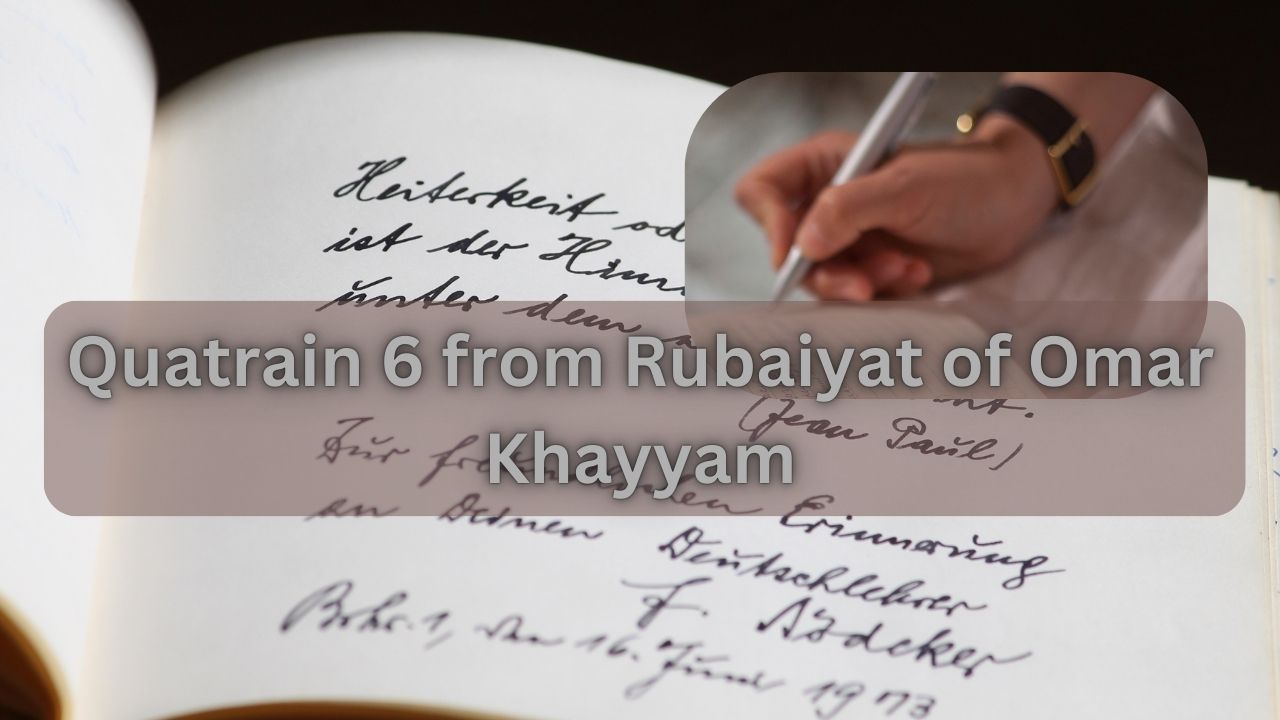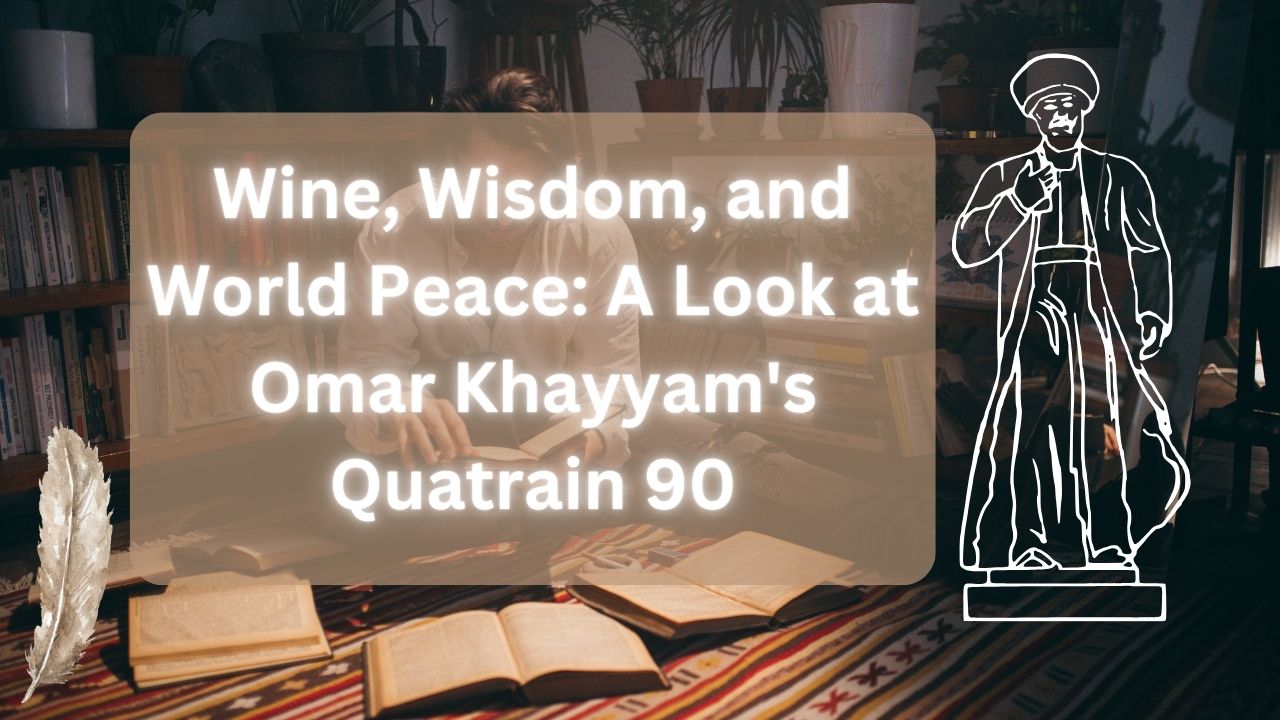They say, those who are pious, that is, those who seem pious, say: The person who dies will rise again in the same state, meaning everyone will be revived in the same condition in which they died. We are, constantly with wine and a beloved, that is to say, we spend our time constantly with wine and a beloved. May they raise us in the same state (with wine and a beloved) on the Day of Resurrection.
گویند هر آن کسان که با پرهیزند
زآنسان که بمیرند چنان برخیزند
ما با می و معشوقه از آنیم مدام
باشد که به حشرمان چنان انگیزند
English Translation:
They say those who live in piety,
Will rise on the Day of Judgment as they died.
We, however, are constantly with wine and a beloved,
Perhaps on the Day of Resurrection, we will be raised in the same state.
Here's a poetic translation that aims to capture the essence of Khayyam's words:
They say those who are pious, those who feign,
Declare that the dead shall as they died remain.
We, filled with wine and love, forever stay;
May they resurrect us thus again.
A brief explanation of the quatrain:
Khayyam, a renowned Persian poet and philosopher, is here expressing skepticism about religious beliefs regarding the afterlife. He is contrasting the pious beliefs about resurrection with the more earthly pleasures of life, particularly wine and love.
-
First couplet: Khayyam is quoting a common religious belief that individuals will be resurrected on the Day of Judgment in the same state they were in when they died.
-
Second couplet: He then contrasts this belief with his own hedonistic lifestyle, suggesting that his desire is to continue his earthly pleasures even in the afterlife.
Essentially, Khayyam is questioning the traditional notion of an afterlife and expressing a preference for the immediate joys of life.





